
It’s important to have a core set of beliefs in anything, fantasy football included. Just as important, though, is a willingness to reevaluate those beliefs when presented with new information. That’s what we’ll be doing this week, looking at what changed and what we learned for fantasy football in the 2023 NFL season that we can apply going forward.
Today, we tackle the quarterback position.
(Follow along with the rest of the series: RB | WR | TE)
What Changed in 2023: Quarterbacks
A Quarterback Can’t Do It Alone
Patrick Mahomes was 10th among qualified quarterbacks in overall PFF grade in 2023. That is simultaneously the second-worst finish of his career and a sign that, despite everything, he was still an excellent NFL quarterback.
But he was only QB8 in fantasy scoring (QB12 in PPG), in part because his pass-catchers let him down in a major way. Per the FTN advanced passing stats, Mahomes’ receivers dropped 33 of his passes in 2023, 6 more than any other quarterback.
And it wasn’t just Mahomes. Justin Herbert dropped from 23.4 fantasy points per game with Mike Williams in the lineup to 16.4 without. Maybe Bryce Young would have struggled as a rookie no matter who he was throwing to, but the fact that he was throwing to retreads and never-weres certainly didn’t help.
Meanwhile, Tua Tagovailoa and Jalen Hurts were borderline bench candidates early in their career, then their teams surrounded them with weaponry like Tyreek Hill, Jaylen Waddle, A.J. Brown and DeVonta Smith and those guys finished as QB8 and QB2, respectively. Brock Purdy was an MVP candidate, and while he was good in his own right, the core of Christian McCaffrey, Deebo Samuel, Brandon Aiyuk and George Kittle certainly played an enormous role.
Obviously, you want a quarterback who is good independent of his weapons. But they need to have some talent on the receiving end as well.
You Might Need to Grab a Backup
Prevailing wisdom in fantasy (and let’s face it, real) football over the last several years has been to more or less disregard the backup quarterback position. In real football, there’s the old adage that you’re already screwed if your starter goes down, so devoting massive resources to the backup is a waste of time. In fantasy — particularly in single-QB leagues — the thought process was that if most teams only take a single quarterback, then the pool of available options on the wire is deep enough and has a high enough floor that you can just wait and grab one if and when you need it.
The real football argument was put through the ringer this year, and I’d argue the fantasy one was put to the test as well.

In real football, this resulted in teams having lost years when the starter went down, a la the Jets and Aaron Rodgers, or having to dumpster dive before finding a functional option, a la the Browns and Joe Flacco. Meanwhile, the Colts entered the year with a functional backup in Gardner Minshew, and they almost made the playoffs as a result despite losing their starter early. In fantasy, from Week 13 on, guys who were either barely drafted or not drafted like Jake Browning (QB1), Derek Carr (QB6), Joe Flacco (QB7) and Baker Mayfield (QB8) were forced to play down the stretch. Sure, there’s no scenario where you’d have drafted Flacco or Browning in any league, but having a pre-existing stab at an out-of-nowhere riser might prove to be a savvy move going forward.
Don’t Listen to Coachspeak, Listen to Coachaction
One of my strongest-held bold predictions entering the season was that Dak Prescott would set a new career high in fantasy scoring. I believed this despite the Cowboys dismissing former offensive coordinator Kellen Moore in the offseason and Mike McCarthy expressing a new desire to go run-heavier. That held Prescott’s ADP in check, with him going as QB10 in drafts.
But while McCarthy said what he said about leaning on the run, every bit of offseason action in Dallas indicated the opposite. Yes, the team had Tony Pollard. But he was coming off a huge postseason injury, and the team didn’t add any backfield piece of significance. They did add Brandin Cooks as a receiving option, and they brought in a former Tampa Bay Ray strategic analyst (a move that screamed “lean on what the nerds say,” and the nerds generally say to pass). The result: Prescott finished as QB3 and set a career high in fantasy points at 351.8.
Sure, that’s a couple paragraphs of me bragging about how oh-so-smart I am, but the point is clear: Coaches can say whatever. But when they do something that appears to go contrary to what they say, like McCarthy and the Cowboys did last offseason, believe the actions and not the words.
Tread Lightly Around the Term ‘Injury Prone’

By popular opinion, the two biggest injury concerns at the quarterback position entering the year were almost certainly Lamar Jackson (who had missed five games each of the previous two years) and Tua Tagovailoa (who after his 2022 concussions appeared to be one bad hit away form ending his career). Those two missed a combined one game in the 2023 season, and that was just a meaningless Week 18 that Jackson sat because he didn’t need to play.
Meanwhile, Trevor Lawrence had never missed a game in his career dating back to high school, and he missed a game and battled injury in others. Kirk Cousins had played 15-plus games in eight straight years before tearing his Achilles. Justin Herbert had played through injuries throughout his career … until he couldn’t, missing the last four games.
“Injury prone” is a descriptor, but it’s a descriptor of the past. Some guys who are injury prone will stay injury prone, and some guys who are injury prone will stop. Be very careful about being too confident which one it is.





























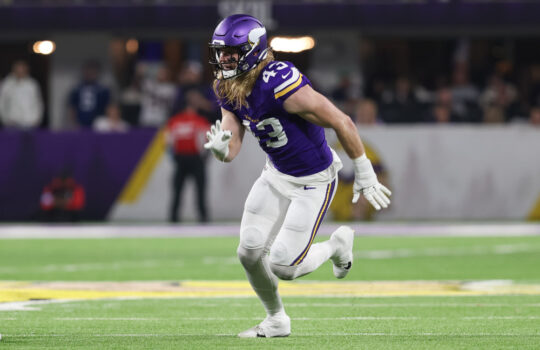



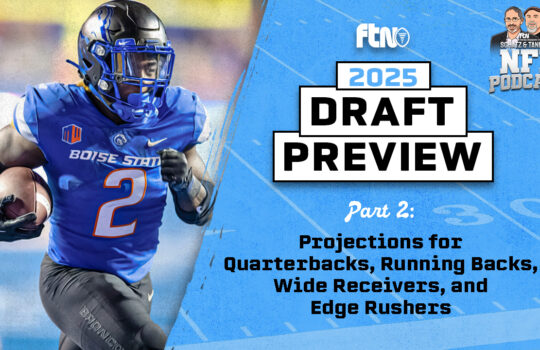

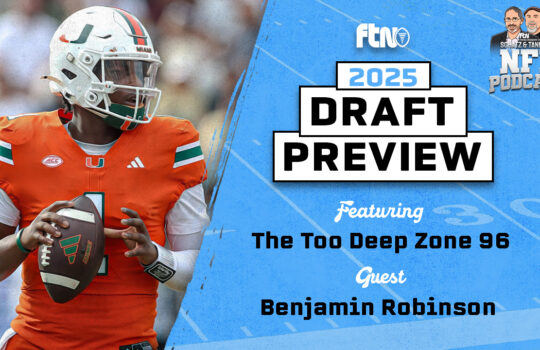
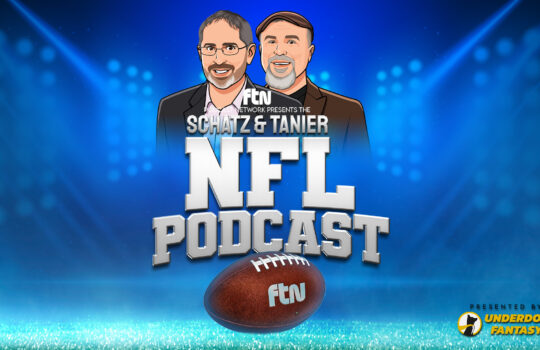








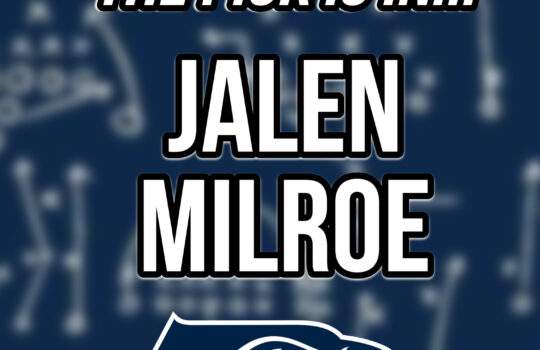

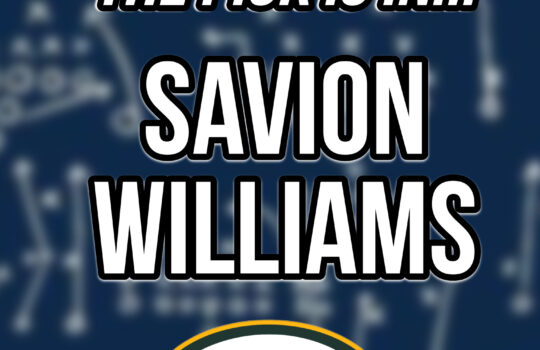
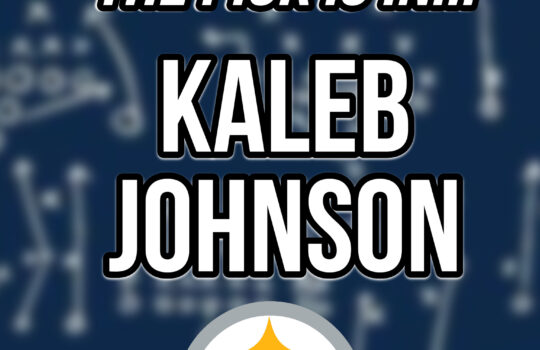

 New York Jets
New York Jets  New England Patriots
New England Patriots 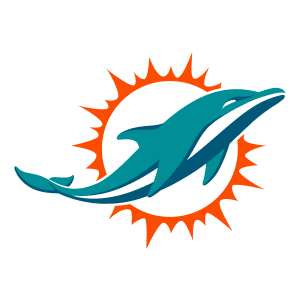 Miami Dolphins
Miami Dolphins  Buffalo Bills
Buffalo Bills  Pittsburgh Steelers
Pittsburgh Steelers  Cleveland Browns
Cleveland Browns  Cincinnati Bengals
Cincinnati Bengals  Baltimore Ravens
Baltimore Ravens 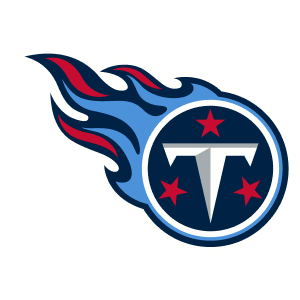 Tennessee Titans
Tennessee Titans  Jacksonville Jaguars
Jacksonville Jaguars  Indianapolis Colts
Indianapolis Colts  Houston Texans
Houston Texans  Las Vegas Raiders
Las Vegas Raiders 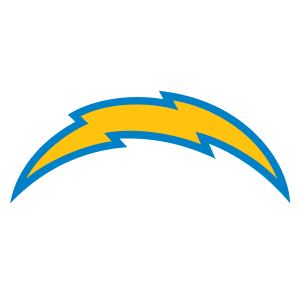 Los Angeles Chargers
Los Angeles Chargers  Kansas City Chiefs
Kansas City Chiefs 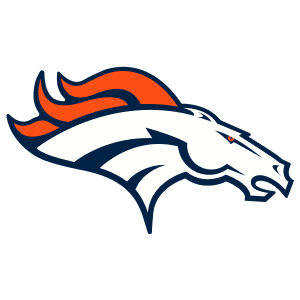 Denver Broncos
Denver Broncos  Washington Commanders
Washington Commanders  Philadelphia Eagles
Philadelphia Eagles  New York Giants
New York Giants  Dallas Cowboys
Dallas Cowboys  Minnesota Vikings
Minnesota Vikings  Green Bay Packers
Green Bay Packers 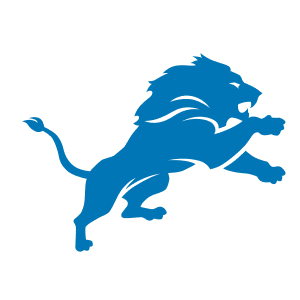 Detroit Lions
Detroit Lions 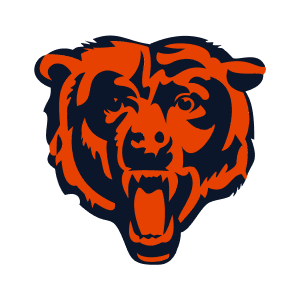 Chicago Bears
Chicago Bears 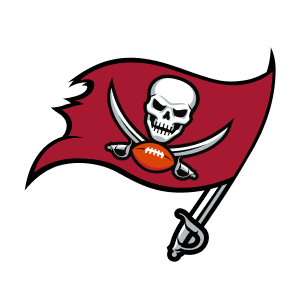 Tampa Bay Buccaneers
Tampa Bay Buccaneers  New Orleans Saints
New Orleans Saints 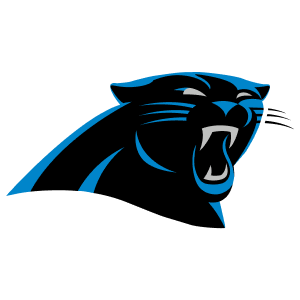 Carolina Panthers
Carolina Panthers 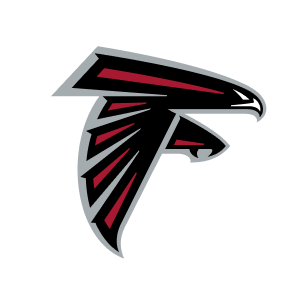 Atlanta Falcons
Atlanta Falcons  San Francisco 49ers
San Francisco 49ers  Seattle Seahawks
Seattle Seahawks  Los Angeles Rams
Los Angeles Rams 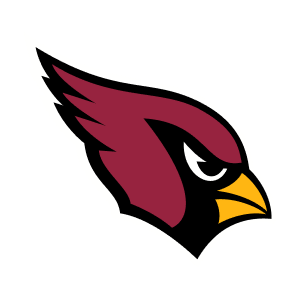 Arizona Cardinals
Arizona Cardinals 
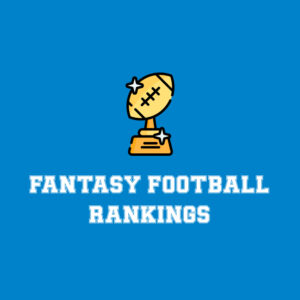
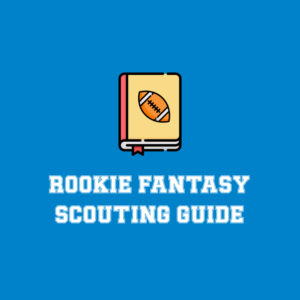
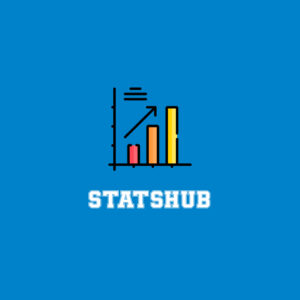





 Boston Celtics
Boston Celtics  Brooklyn Nets
Brooklyn Nets  Philadelphia 76ers
Philadelphia 76ers  New York Knicks
New York Knicks  Toronto Raptors
Toronto Raptors  Chicago Bulls
Chicago Bulls  Detroit Pistons
Detroit Pistons  Milwaukee Bucks
Milwaukee Bucks  Cleveland Cavaliers
Cleveland Cavaliers  Indiana Pacers
Indiana Pacers  Orlando Magic
Orlando Magic 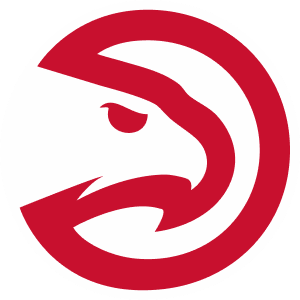 Atlanta Hawks
Atlanta Hawks  Charlotte Hornets
Charlotte Hornets  Miami Heat
Miami Heat  Washington Wizards
Washington Wizards  Denver Nuggets
Denver Nuggets  Minnesota Timberwolves
Minnesota Timberwolves  Oklahoma City Thunder
Oklahoma City Thunder  Portland Trail Blazers
Portland Trail Blazers  Utah Jazz
Utah Jazz  LA Clippers
LA Clippers  Golden State Warriors
Golden State Warriors  Los Angeles Lakers
Los Angeles Lakers  Phoenix Suns
Phoenix Suns  Sacramento Kings
Sacramento Kings  Dallas Mavericks
Dallas Mavericks  Houston Rockets
Houston Rockets  Memphis Grizzlies
Memphis Grizzlies  New Orleans Pelicans
New Orleans Pelicans  San Antonio Spurs
San Antonio Spurs 










